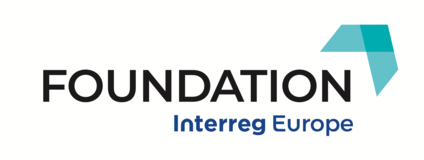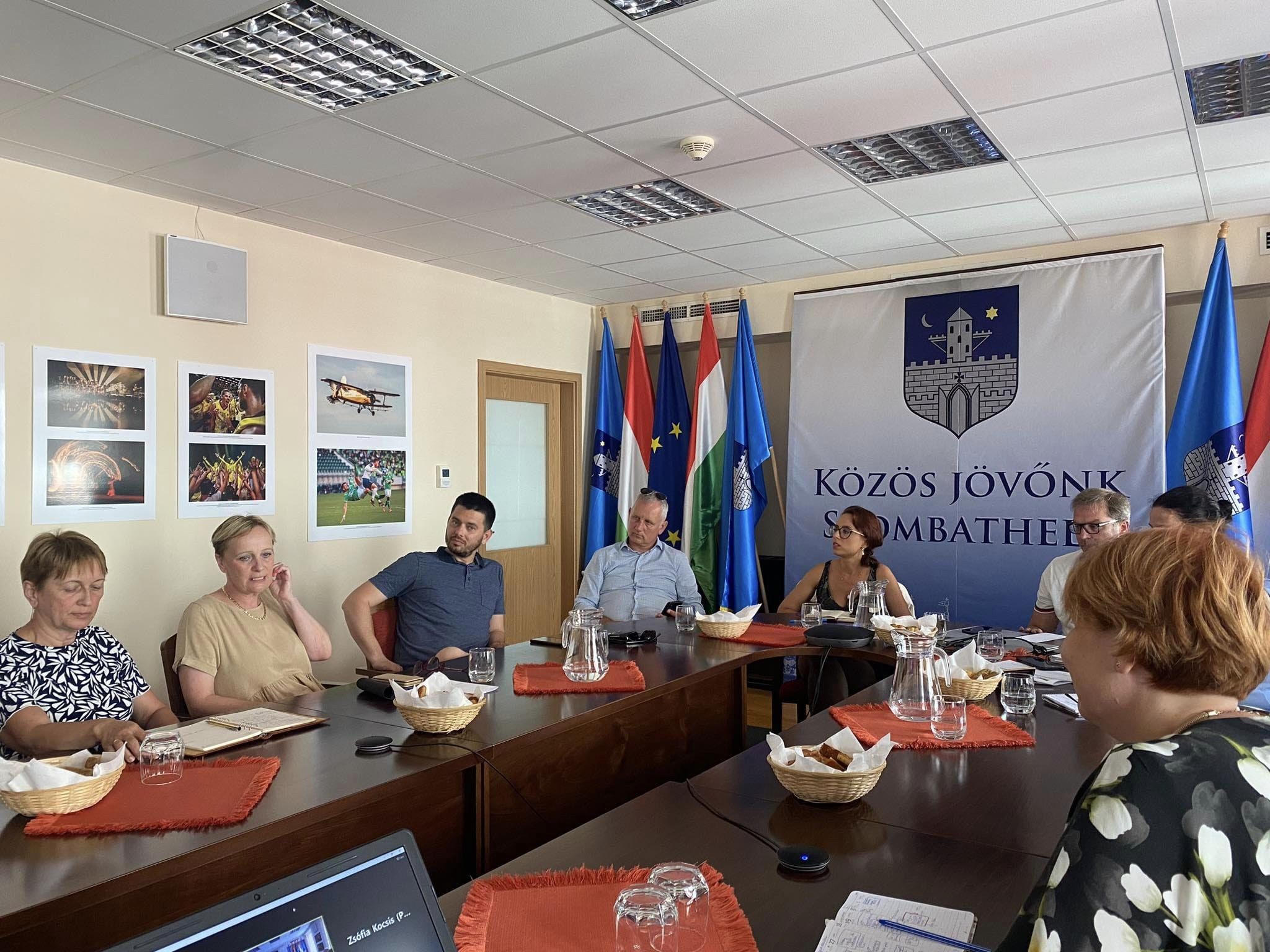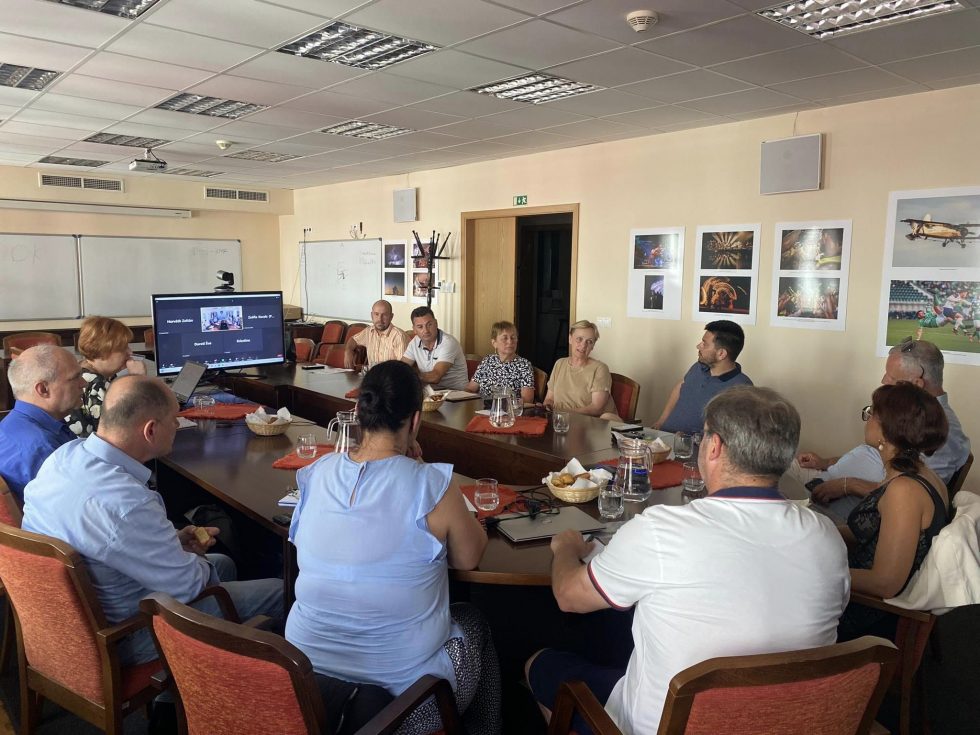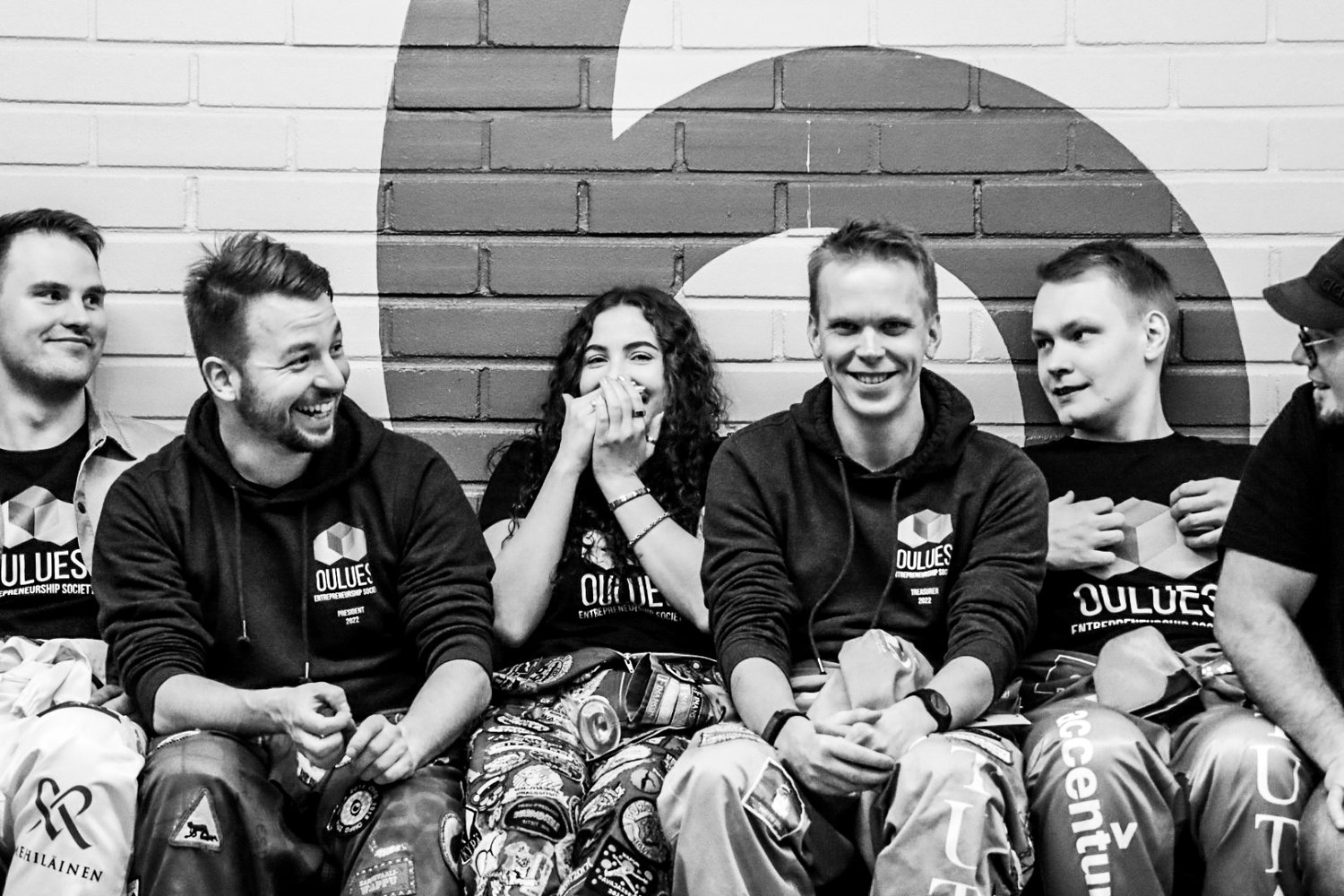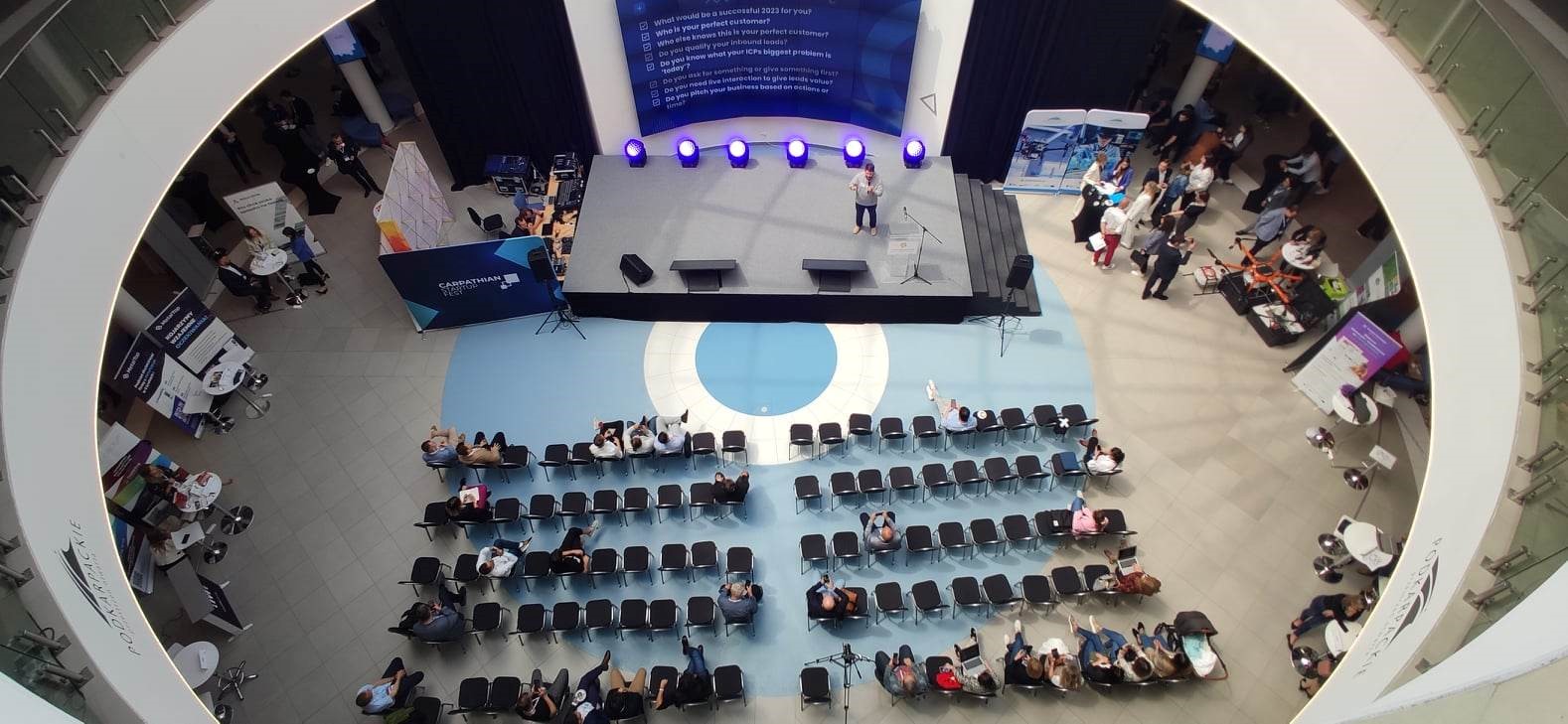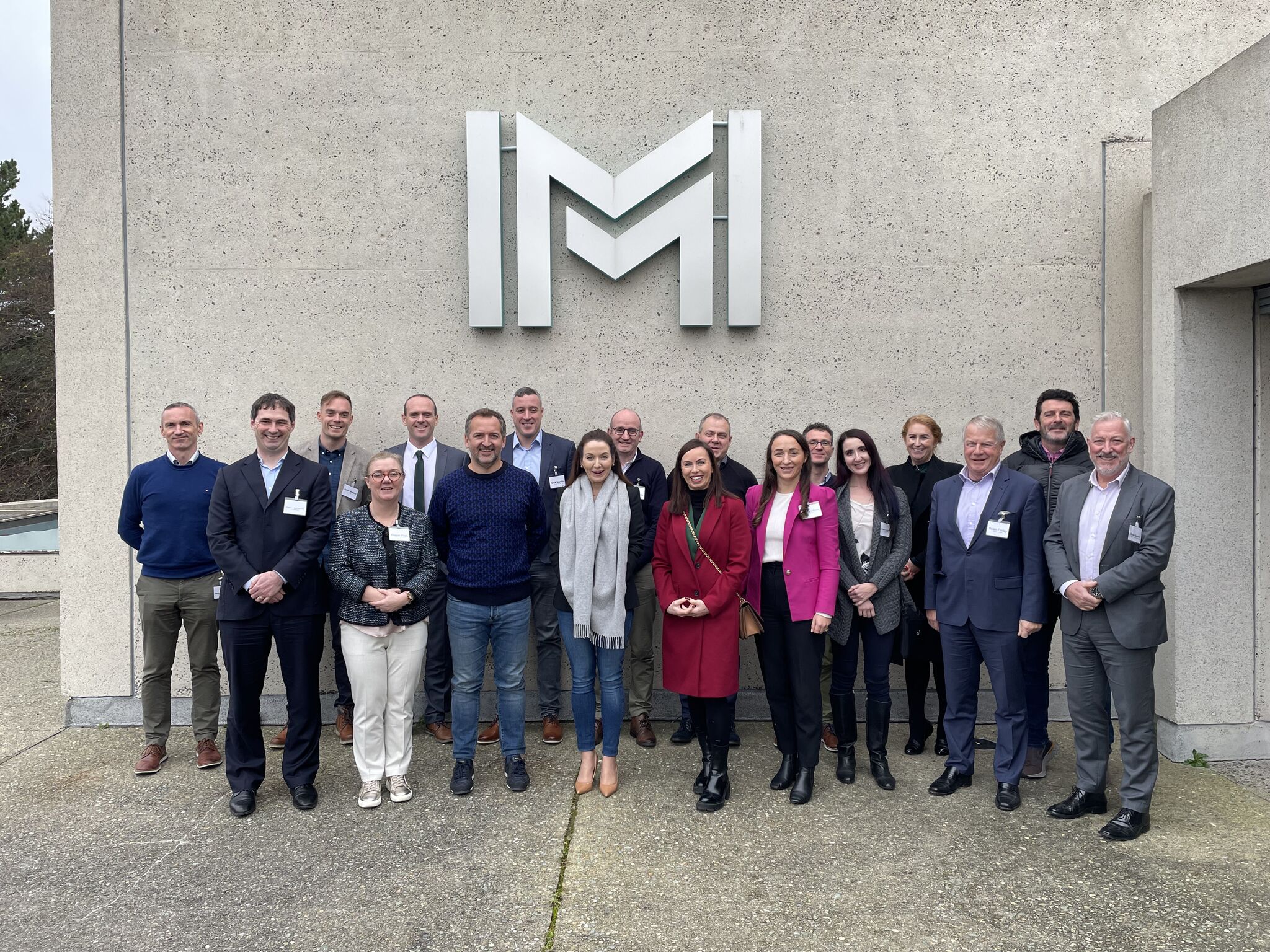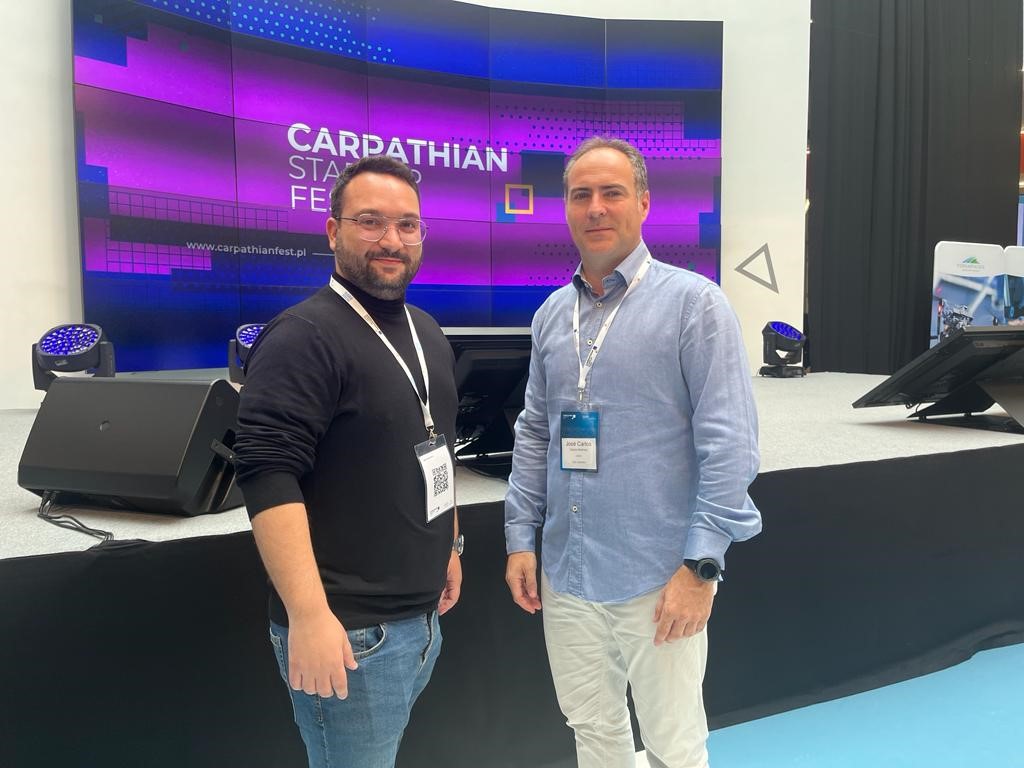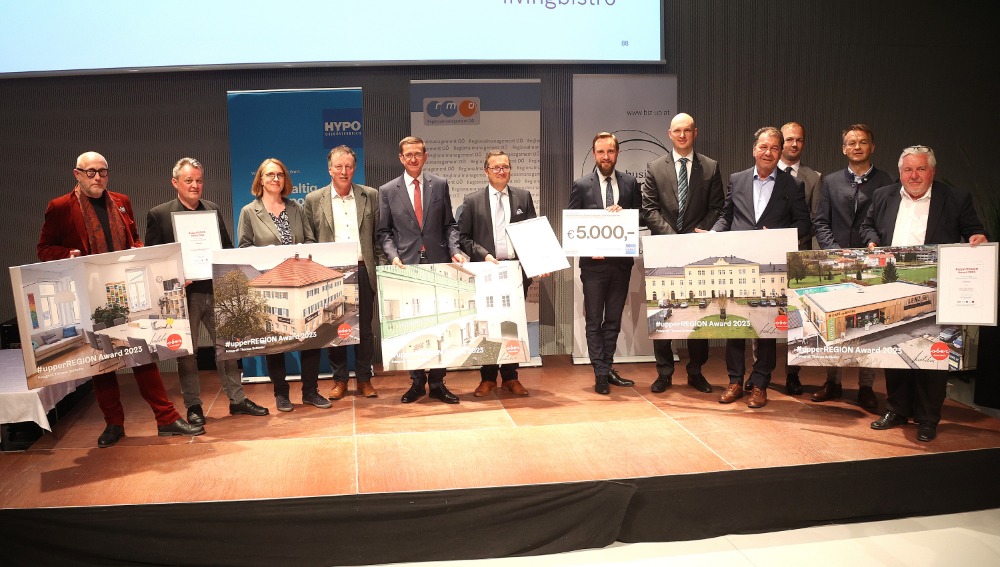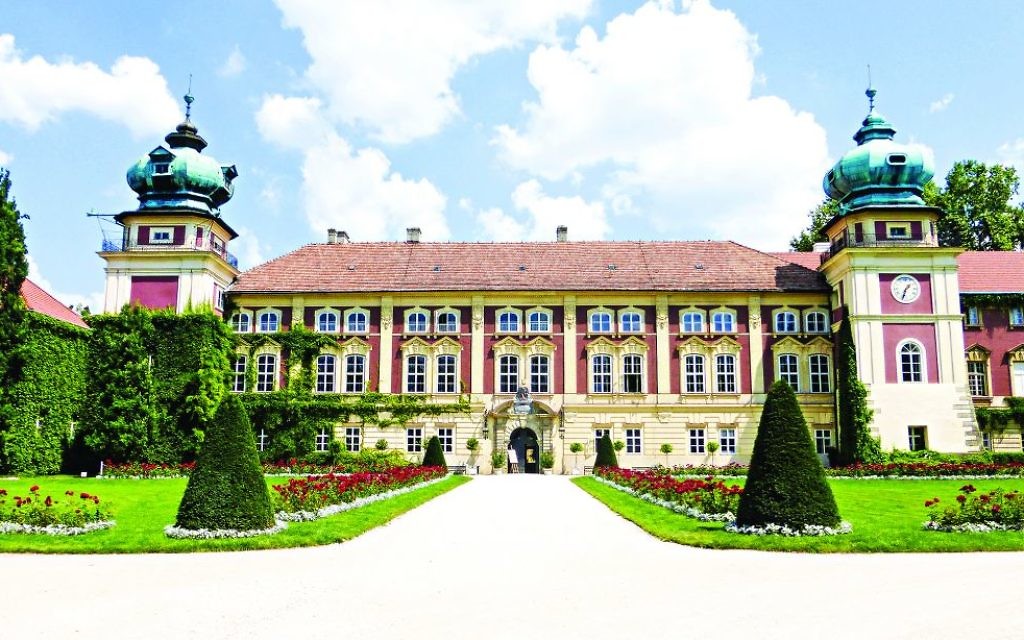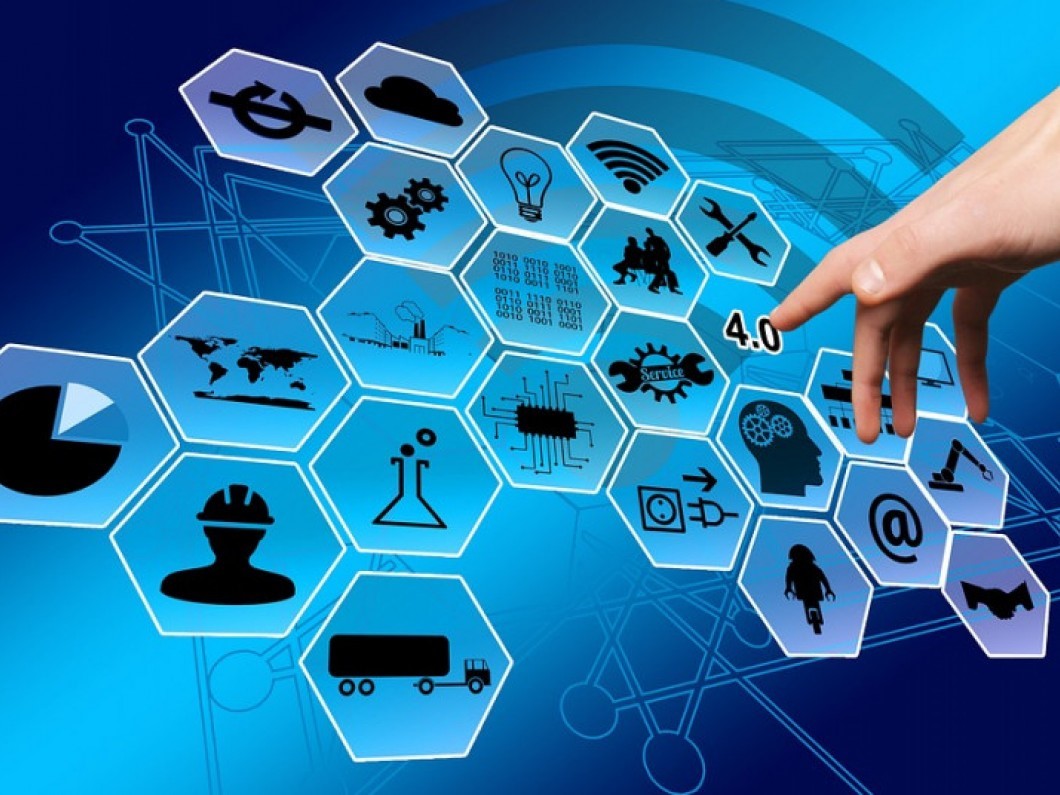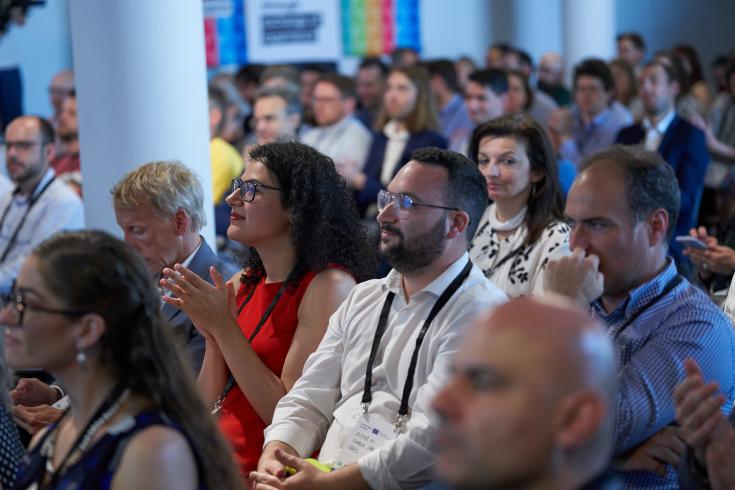Tanja Spennlingwimmer: FH-Prof. MMag. Dr. Franziska Cecon, as being professor at the Upper Austrian University of Applied Science for Public Management, and regional stakeholder in our Interreg Project Foundation, you joined our learning journey to Lithuania. What was most fascinating for you?
Franziska Cecon: There were a couple of unexpected, surprising aspects along this highly inspiring learning journey:
First, I admired the holistic approach how the city and the region of Panevezys made their strength, the DNA of robotics combined with a strong engineering and manufacturing expertise, to their strategic approach and how determined they are to make it come true, for example by transforming the former tourist information to a Development Agency with a small but very effective team, to build a supporting ecosystem for businesses and start-ups dealing with industry 4.0, by a strong network of partners, by developing special offers for industrial tourism, and moreover and maybe most important by investing in education at all levels, with STEAM and the robolabs but also with a Faculty of Technology and Businesses and with academies of businesses like the one of Harju Elekter. I think all these efforts in total boost the whole region and makes it more attractive to come here for studies, work and living.
Secondly, I could really feel how they are used to major changes, even shocks in the region. It seems they became more adaptive and change is considered to be something normal. One good example was the collapse of Ekranas and how they dealt with it.
Thirdly, I met very aspiring personalities who are eager to innovate, to use their potentials, to find the best way, to find their niche wherever they can be successful on a national as well as on an international level, in short, I have seen very open-minded people with an agile mindset ready to act.
Last but not least, sometimes the architecture and the “outside” fulfilled the cliché in my mind of “eastern dreary buildings and life”, but inside I was astonished how modern they had been, well equipped with the latest technologies, as in STEAM and robolabas.
T. S.: Among others, we visited STEAM, an institution that offers MINT-related education in a very practical way to pupils. As being an academic professional, how did you perceive this kind of education and would that also be interesting for Upper Austria?
F. C.: This kind of education is without doubt one milestone to fulfil their strategic approach on the way towards the robotics place to be. I am convinced it is essential starting from a very early age to become familiar with technology, physics, chemistry, mathematics and so on in a practical way. Encouraging children to experiment, to question real life phenomena, to learn by visualization, by trial and error and by gamification – like the robocar competition – is much more fun than studying formula or theory only. I am certain, it is an effective way to lose fear of “technical problems” and to become later on also interested in professions dealing with engineering or so on. It is an investment in the future labour market.
There are these kinds of labs also in Austria, for example Otelos Otelo – Offene Technologie Labore or NETZWERKSTATT to name but a few, but it seems that the Panevezys approach is more institutionalized and linked with educational system so that all kids (and not only some interested ones) are getting in touch with the robolabas respectively the STEAM Center. Moreover, I see also a huge potential to train the teachers and supporting them with real time scenarios. I have the impression that it strengthens the cooperation between education and businesses.
T. S.: Lithuania has seen tremendous economic developments and thus also the space that is used by companies has been transformed. An example was “Ekranas”, a former TV producing company, on a very huge land plot, that is now used for other companies. You are an expert for the revitalization of brownfields and also support us with the study about brownfield potentials in Upper Austria. Is there anything what we could learn?
F. C.: Indeed, they have seen the potential of this huge brownfield and made it the new home base for the creative industry and artists with the open-air art gallery starting with photographers. A learning is to take off from past uses and solutions (in this case production and manufacturing) to completely new ways in an agile manner. Nowadays there are former employees working in the same halls being proud of the new Ekranas.
